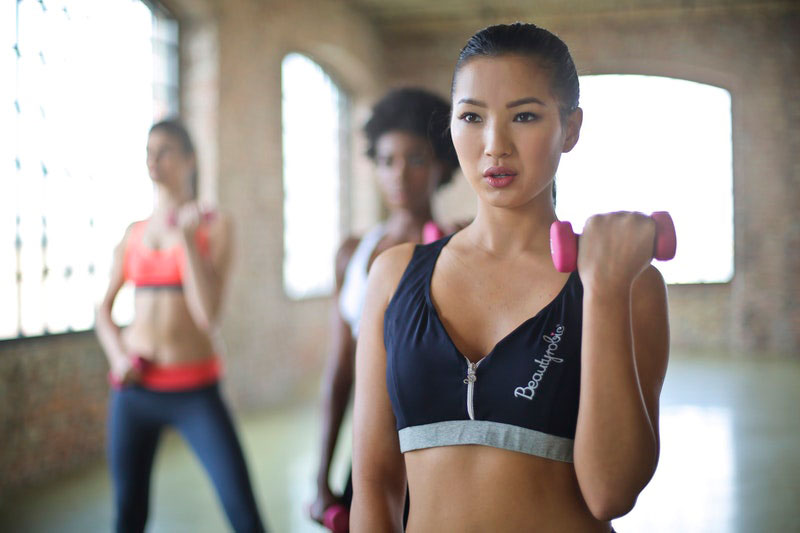
Is Workout Nutrition really that important? What should I eat before and after a workout? Does it matter at all?
I am sure that many of these questions sound familiar and I can tell you that I get them asked all the time. BUT before I will jump into workout nutrition there is something that I feel worth addressing first.
Recently I noticed a trend among my clients and on social media that I find deeply disturbing. While about 80% seem to be struggling to get enough movement and exercise into their life the other 20% don’t seem to allow their body a single day rest.
Find your Balance
I see many so-called influencers preaching a no pain no gain philosophy while mixing together their protein shakes. While I am a big advocate for exercise and movement I think that we don’t have to spend every spare minute lifting weights. It’s much more important to find balance and something enjoyable that is suitable for the level you are at.
If you are sitting at the desk all day and hit the couch the minute you get home, start with small steps. Get off the bus a stop earlier and walk the last kilometre to work. Go for a brisk 10-minute walk during your lunch break and repeat the same routine on your way home. 30 minutes of brisk walking split into 3x 10 minutes sessions throughout the day will make all the difference.
Some of my clients feel discouraged by just looking at these shredded bodies on Instagram. Why do we have to go from one extreme to another? 10 years ago the majority of young females wanted to be as skinny as the runway models, nowadays they want to be able to wash the laundry on their abs.
Please, stop comparing yourself to others, start focussing on the progress you have made over the last weeks instead! That’s the only thing that ultimately counts.
This approach is also way more realistic and sustainable.
In case you are among the people who over-exercise, please, allow yourself 1-2 rest days a week. Your body needs this time to recover.
If you have a stressful job or life, in general, all this rigorous exercise might tip your body over the edge eventually.
Do you feel like you need a nap, rather than feeling revitalized after a workout? Are you feeling moody, can’t sleep or are constantly sick? You are most likely pushing yourself too hard or too long, and it may be time to assess and scale back those workouts.
Workout Nutrition: What to eat and when to eat it
Today I would like to have a look at workout nutrition. Many of you have asked me what they should eat pre and post workout and to be honest, it depends.
I know that this is the most annoying answer ever but it’s true. It depends on many factors such as the kind of training (endurance or weights), how long you exercise for, how intense and also on your body type. Certain body types deal better with carbs than others for example.
The guidelines below are overly simplified to give you an idea and are meant for people who are exercising for health and general wellbeing, not for athletes.
As a healthy person who exercises regularly, you probably don’t need special workout nutrition strategies. Depending on what suits your personal needs, you can simply have a regular meal 1-2 hours before exercise. Or you can have a smaller meal just before your exercise session.
In the three hours before your workout, you should ideally eat something that helps you:
- boost performance
- sustain energy
- hydrate
- preserve muscle mass and
- speed recovery
Here are a few ways to ensure you’re meeting your requirements.
Pre-Workout Nutrition
Protein before exercise
Eating some protein in the few hours before exercise:
- Can reduce markers of muscle damage and help you adapt to your exercise over the long term.
- Floods your bloodstream with amino acids when your body needs them most. You are not only preventing muscle damage, you’re also maintaining or increasing muscle size.
This doesn’t have to be a protein shake, this Apple & Cinnamon Baked Oatmeal With Natural Protein or a Greek yoghurt with berries and chia seed will be just fine.
Carbs before exercise
Eating carbs before exercise:
- Fuels your training and helps with recovery. Carbs are particularly useful for long endurance sessions or high-intensity training, they are not needed for a 45-minute yoga session.
- Preserves muscle and liver glycogen. This tells your brain that you are well fed, and helps increase muscle retention and growth.
- Stimulates the release of insulin. When combined with protein, this improves protein synthesis and prevents protein breakdown. Another reason why a mixed meal is a great idea.
Eating 2-3 hours before exercise
This far in advance of your workout, have a mixed meal and a low-calorie beverage like water.
If you’re a man, you could have
- 2 palms of protein dense foods
- 2 fists of vegetables
- 2 cupped handfuls of carb dense foods
- 2 thumbs of healthy fat dense food
If you’re a woman, you could consider having
- 1 palm of protein dense foods
- 1 fist of vegetables
- 1 cupped handful of carb dense foods
- 1 thumb of fat dense foods
As mentioned before, your needs are individual and depend on your size, goals, genetics and duration and intensity of your training.
Eating less than 1 hour before training
Rather than eating a larger meal 2-3 hours before exercise, you might prefer eating a smaller meal closer to the training session.
The closer you get to your workout, the less time there is to digest. That’s why I generally recommend something like 1/2 a banana, a shake or a smoothie.
Your smoothie could look like this:
- 1 scoop protein powder
- 1 fist of veggies (spinach or blanched kale work great in smoothies)
- 1-2 cupped handfuls of carbs (berries or a banana work great)
- 1 thumb of fats (like mixed nuts or flax seeds)
- water or unsweetened almond milk
During the Workout
The importance of hydration
Most likely you won’t have to eat during training but you want to make sure that you stay well hydrated all the time.
It is important to make sure you get the right amount of water before, during and after exercise. Water regulates your body temperature and lubricates your joints. It also helps transport nutrients to give you energy and keep you healthy. If you’re not hydrated your body can’t perform at its highest level, you may experience fatigue, muscle cramps and dizziness.
Post-Workout Nutrition
Protein after exercise
Eating protein after exercise prevents protein breakdown and helps to increased or maintain muscle tissue. Therefore it is a great strategy for better recovery, adaptation, and performance.
If you prefer real food like me, prepare an awesome high-protein meal like these Beef and Millet Stuffed Peppers.
Any high-quality complete protein should do the trick, as long as you eat enough. That means about 40-60 grams for men (or 2 palms) and 20-30 grams for women (1 palm).
Carbs after exercise
Contrary to popular belief, it’s unnecessary to eat lots of refined carbohydrates to “spike” insulin and restore muscle and liver glycogen as rapidly as possible.
In fact, a blend of minimally processed whole food carbohydrates, along with some fruit may be a better choice. Whole foods are better tolerated, restore glycogen more equally over 24 hours and might lead to better performance the next day.
Eating 0-2 hours after exercise
The approach to recover from training is the same as pre-workout: have a mixed meal of whole foods.
Once more, here’s how men might build it:
- 2 palms of protein;
- 2 fists of vegetables;
- 2 cupped handfuls of carbs;
- 2 thumbs of fats;
- a low-calorie beverage like water.
And here’s how women might build it:
- 1 palm of protein;
- 1 fist of vegetables;
- 1 cupped handful of carbs;
- 1 thumb of fats;
- a low-calorie beverage like water.
Don’t worry if you don’t feel like eating after exercise, you can go with liquid nutrition.
Conclusion
For most of us, who are simply training to be healthy a good meal will contain a combination of high-quality protein, high-quality carbohydrates, a small amount of healthy fats, some fruit and vegetables.
These whole foods provide an awesome blend of nutrients: protein, carbohydrates, fats, fibre, vitamins, minerals, antioxidants, and phytonutrients that build muscle, supply energy, decrease inflammation, and boost recovery.
Contrary to popular belief, in terms of timing, you have about 1-2 hours on both sides of your training to still get maximal benefit.
According to recent studies, the total amount of protein and carbohydrate consumed over the course of the day is far more important to lean mass gain, fat loss, and performance improvements than a specific nutrient timing strategy.
Your turn
Are you focussing on workout nutrition and do you struggle to exercise enough or too much? I’m looking forward to reading your comments.
For more updates follow me on Facebook, Twitter, Instagram, Pinterest or subscribe to my YouTube channel!



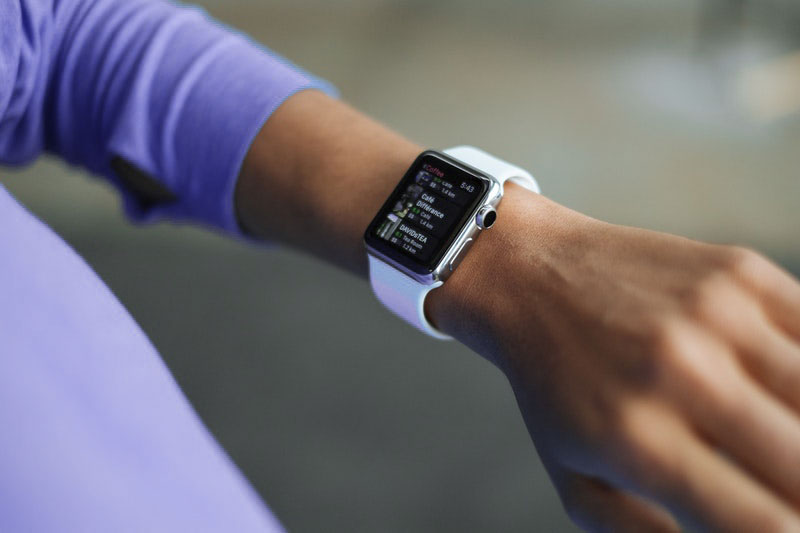
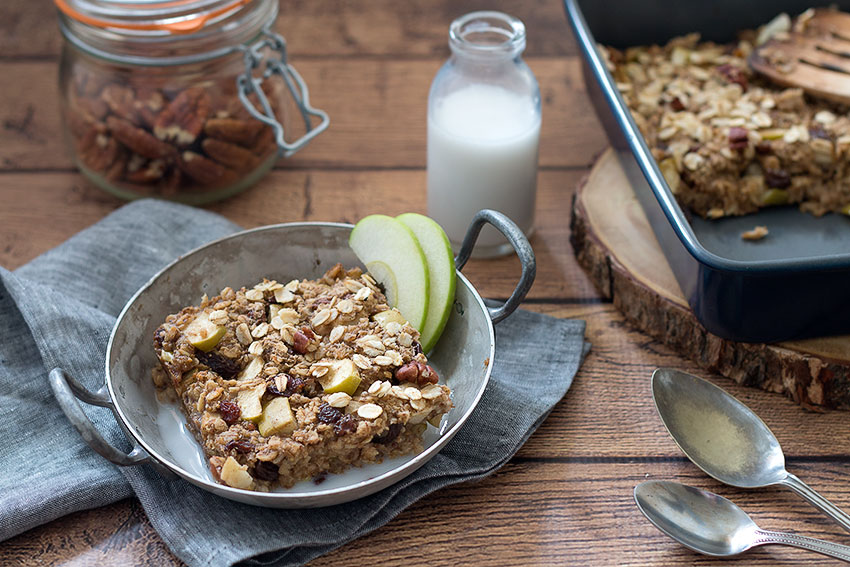
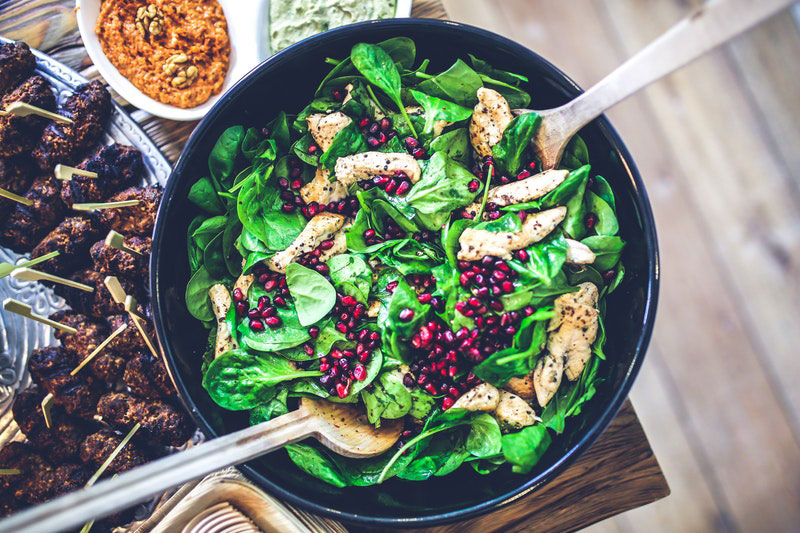
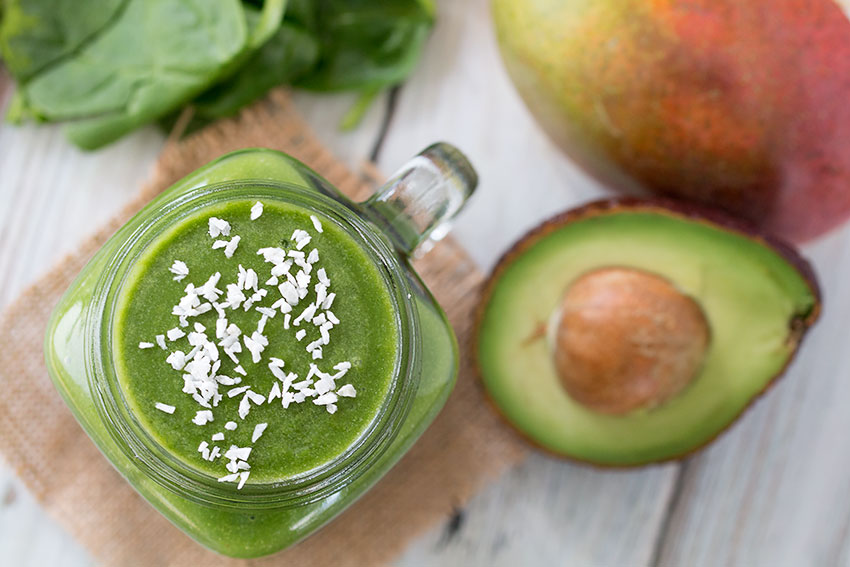
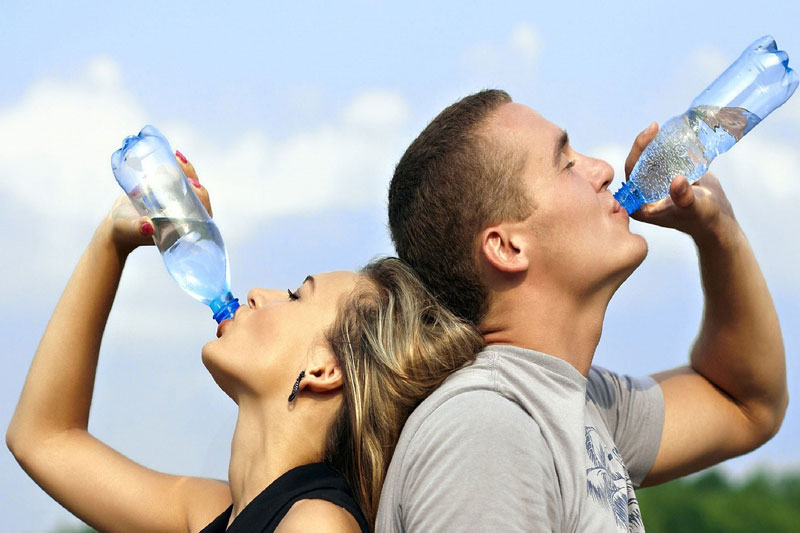
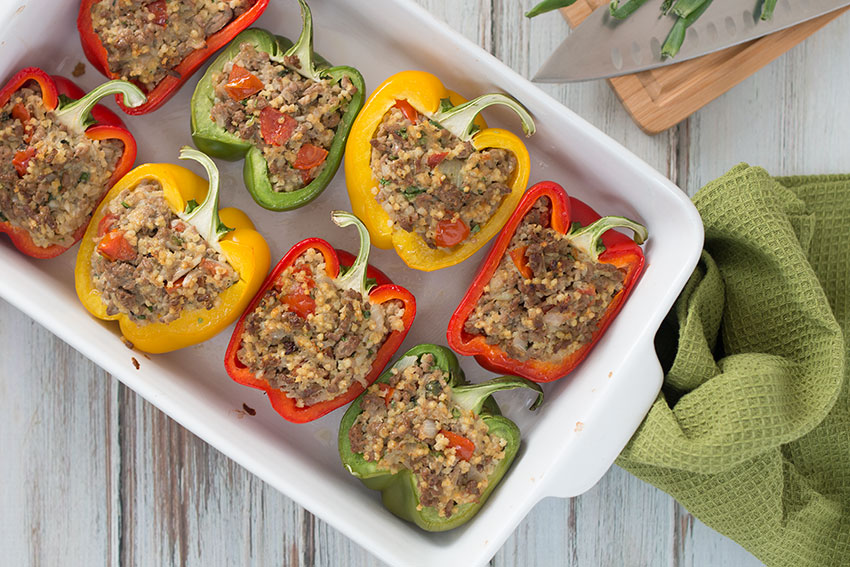
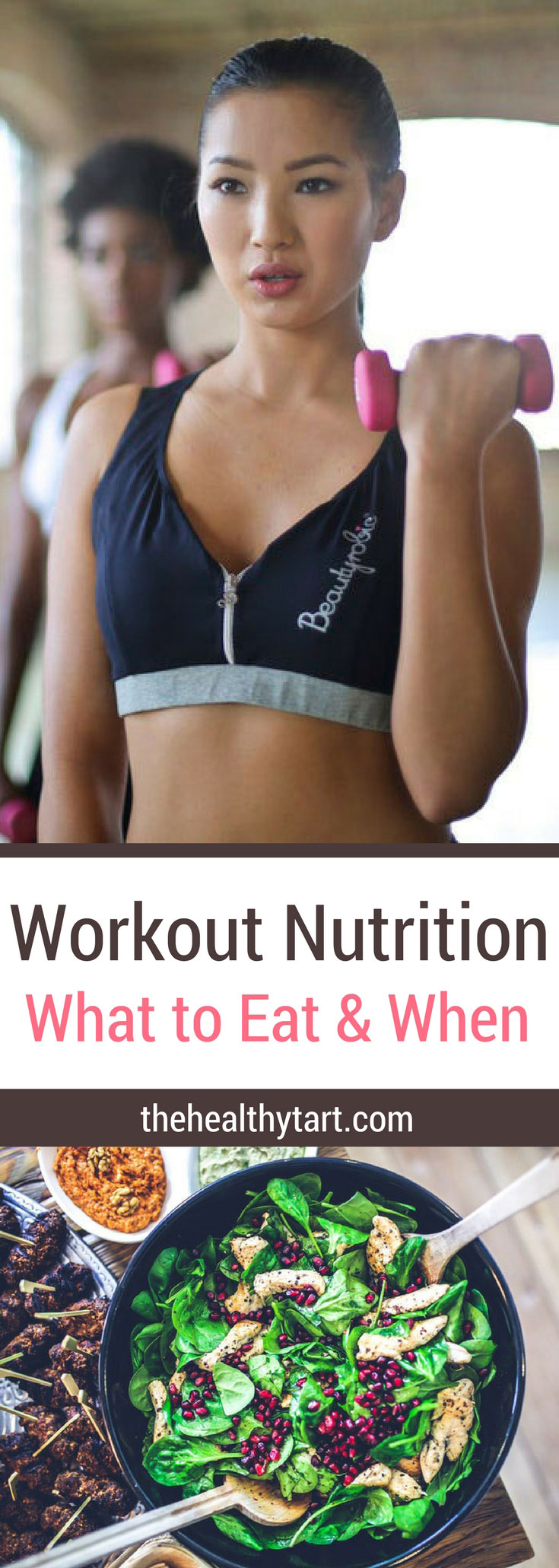


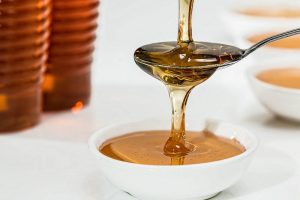


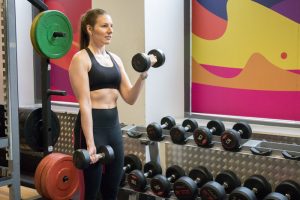
Great article, very informative. Thank you
Hi David, thanks a lot for taking the time to comment. I am delighted to hear that you enjoyed the article. Have a great day.~ Eva
As a 59 year old woman, I found your dietary advice hepful especially as crossfit sessions tend to make me feel hungry. i look foraard to reading more
Hi Maria, thank you for taking the time to leave a comment. I am delighted to hear that you are enjoying my content. At the moment, I am working on including more fitness-related on my blog and I hope that people will enjoy it as much as my recipes. Have a great day. 🙂
Awsome – this gave me so much clarity
Thank for sharing this, I really enjoyed reading it 🙂
Looking for a more informative post like this. Kudos to you